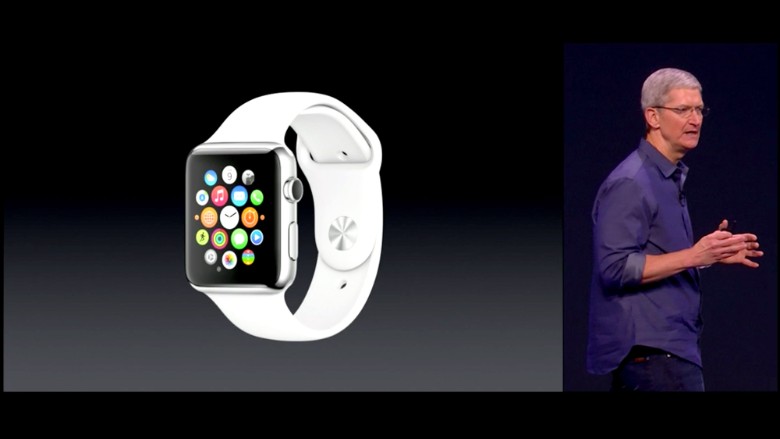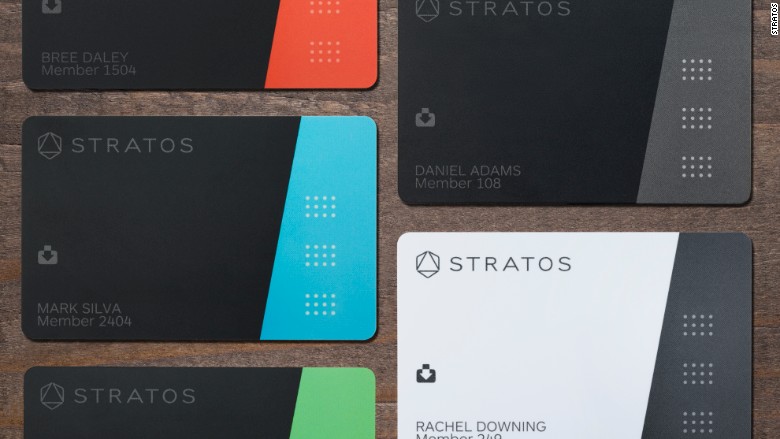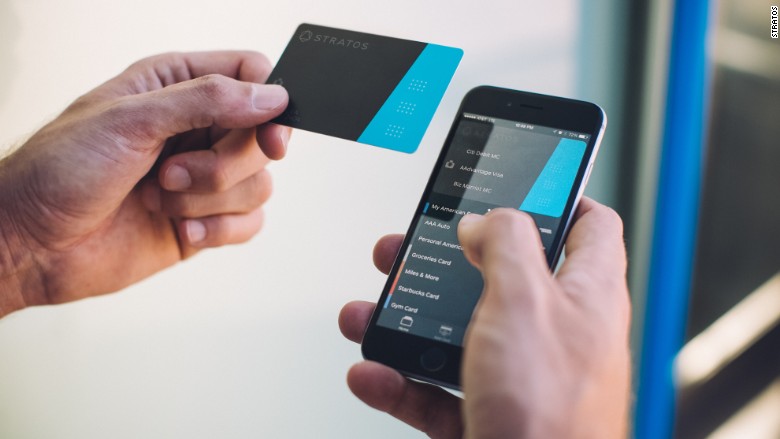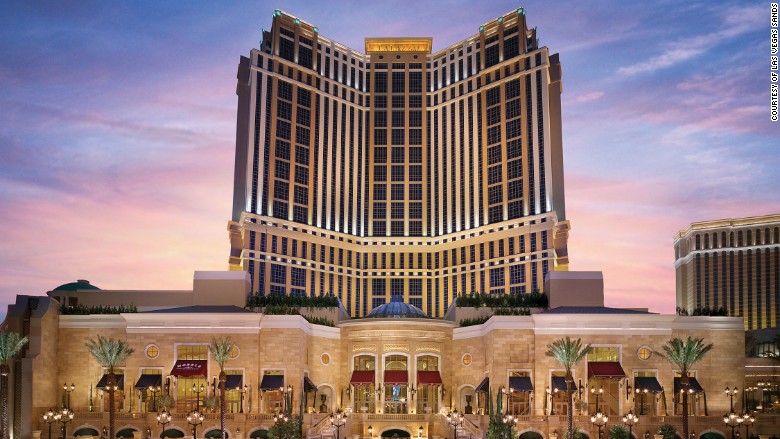 Apple is expected to give more details about its smartwatch at a "special" event on March 9.
Apple is expected to give more details about its smartwatch at a "special" event on March 9. Yes I know, wearables like Google Glass didn't do very well in their initial launch. The current crop of smartwatches and fitness bands are good, but they're not exactly mainstream.
But I believe Apple's smartwatch will provide the necessary momentum to get people using wearables, in spite of all the naysayers.
When Apple (AAPL, Tech30) launched the first iPad, many said it was just a big iPod Touch and would not take off. On the other hand, I predicted the iPad would create a computing revolution that would rapidly be embraced by business and education.
Well, here we go again.
It will only take a small percentage of Apple fans to buy a smartwatch to create massive sales numbers. In addition, prospective buyers are likely to be influenced by social media as their friends and family members post information about their smartwatch usage.
Additionally, pulling out your phone to see who is calling or texting you is a hassle. The convenience of glancing at your watch to receive information and respond is a big benefit.
On top of it all, I predict people will find more innovative uses for wearables once entrepreneurial app designers start creating more applications for these devices.
But I'm not suggesting that Apple will rule the wearable market.
Let's face it, there are more Android smart devices than iOS devices. And the smartwatch business is filled with competitors.
If you're smart, creative and capitalize on market trends, you can get break into this market and make it big, especially if you focus on niche customers.
Related: The hottest gadgets at the Mobile World Congress 2015
Here's one example of how a tech company could stack the deck in its favor: Focus on aging Baby Boomers and their kids.
A consumer electronics company could design a smartwatch filled with apps designed for people who are 70 years old and older. Target customers would be Baby Boomers' children who act as caregivers, trying to keep their parents healthy and safe.
The watch would have sensors to detect blood oxygen levels, blood pressure, pulse and temperature, and much more. If a wearer falls, the accelerometer in the watch would activate an alarm and send a text message to the caregiver.
If the wearer has Alzheimer's and goes missing, the watch's GPS and digital assistant will help get them home, and let the caregivers locate them.
By serving a rapidly growing niche, even no-name firms could have the chance to create a successful wearable business in a field dominated tech heavyweights like Apple and Samsung (SSNLF).
But there's no need to stop with just smartwatches. The possibilities for wearables are endless.
Our ability to miniaturize, virtualize, embed, and integrate will enable entrepreneurs to create a wide array of wearables that will revolutionize how we live, work, and play.
I predict that over the next five years, every business process, including how we market, sell, communicate, collaborate, innovate, train, and educate, will be transformed by mobile devices and wearables. Niche markets are sure to drive the accelerated growth of wearables long into the future.
Daniel Burrus is a leading futurist on tech trends and innovation. He is the author of six books, including the New York Times best seller Flash Foresight. The opinions expressed in this commentary are solely those of the author.
CNNMoney (San Diego) March 3, 2015: 12:16 AM ET
 The Stratos Card looks like a credit card but is as thin and light as a business card.
The Stratos Card looks like a credit card but is as thin and light as a business card.  The Stratos Card and mobile app.
The Stratos Card and mobile app. 
 Kelly Osbourne (center) has quit E!'s 'Fashion Police.'
Kelly Osbourne (center) has quit E!'s 'Fashion Police.'  The U.S. government accuses Iran of hacking the Las Vegas Sands Casino Corporation, which owns The Palazzo and several other resort-hotel-casinos around the world.
The U.S. government accuses Iran of hacking the Las Vegas Sands Casino Corporation, which owns The Palazzo and several other resort-hotel-casinos around the world.